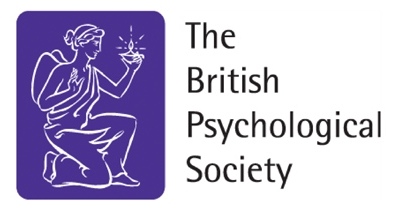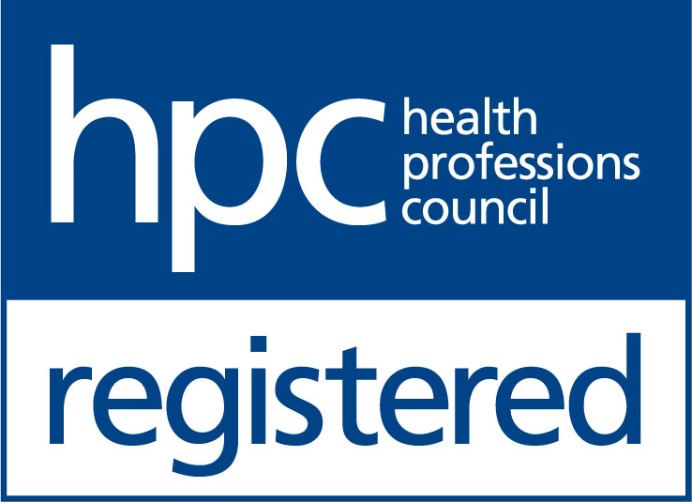Recent years have seen an increasing realisation of the importance of Psychology to what happens in legal cases. The articles below give a flavour of some of the ways in which findings in the discipline of Psychology can inform key issues in legal settings, with an emphasis on memory and the law.
British Psychological Society (2008). Guidelines on Memory and the Law. Leicester: British Psychological Society. PDF file
Conway, M. (2013). On being a memory expert witness. Three cases. Memory, in press. PDF File
Howe, M. (2013). Memory lessons from the courtroom. Reflections on being a memory expert on the witness stand. Memory, in press. PDF file
Howe, M. & Knott L. (2015). The fallibility of memory in judicial processes: lessons from the past and their modern consequences. Memory, 23: 633-656. PDF file
Lillenfeld S, Byron R. (2013). Your brain on trial. Scientific American, 23: 45-53. PDF File
Loftus, E. (2013). Eyewitness testimony in the Lockerbie bombing case. Memory, in press. PDF File
New Jersey (USA) Supreme Court (2013). Identification. In-court and out-of-court identifications. Guidelines for Jurors. PDF file
Peters M et al. (2013). Let’s use those tests! Evaluations of crime-related amnesia claims. Memory, in press. PDF File
Schacter D, Loftus E. (2013). Memory and law: what can cognitive neuroscience contribute? Nature Neuroscience, 16: 119-123. PDF file
Vrij A, Granhag P. (2013). Eliciting cues to deception and truth. What matters are the questions asked. Journal of Applied Research in Memory and Cognition, 1, 110-17. PDF File



 Member of the Expert Witness Institute
Member of the Expert Witness Institute